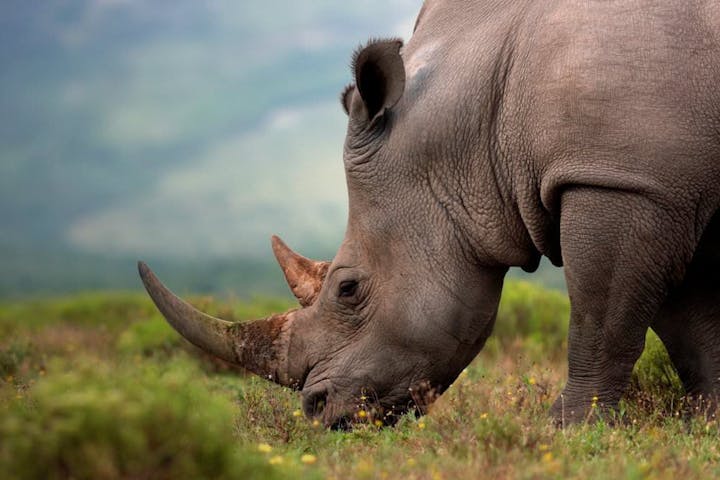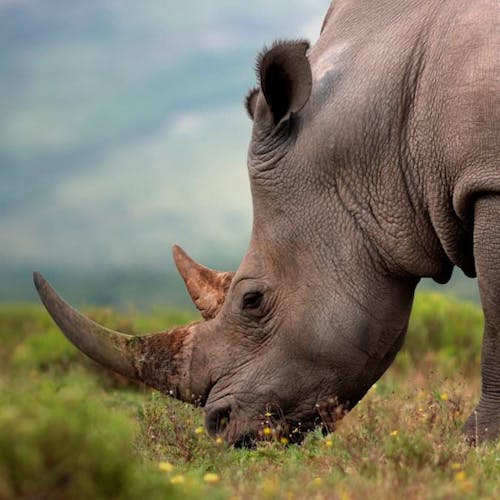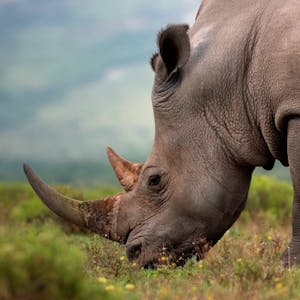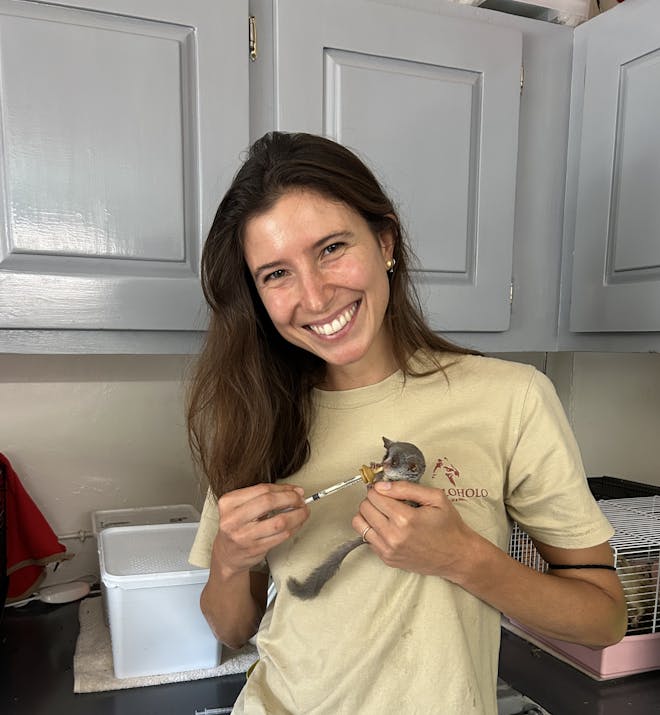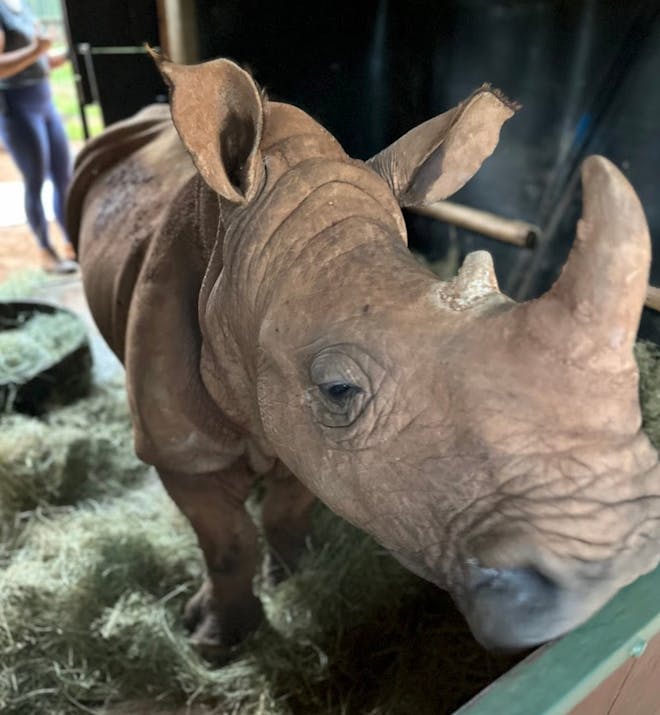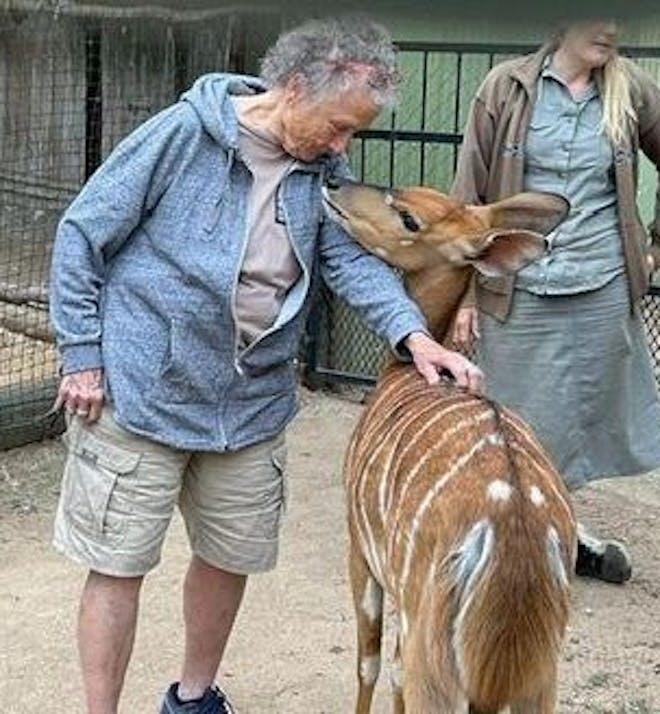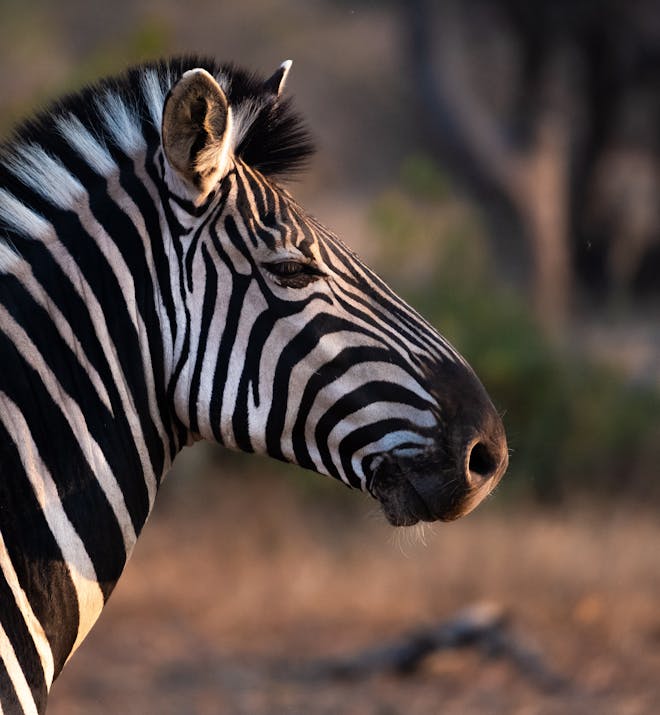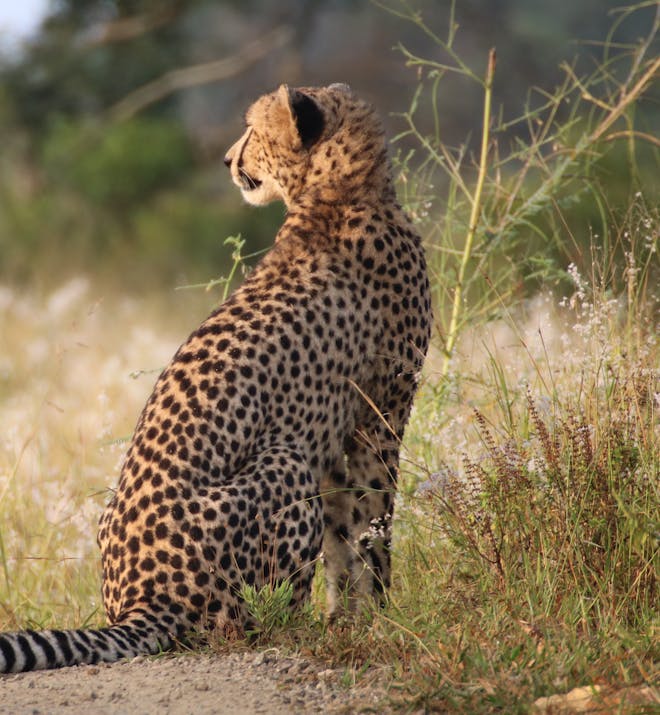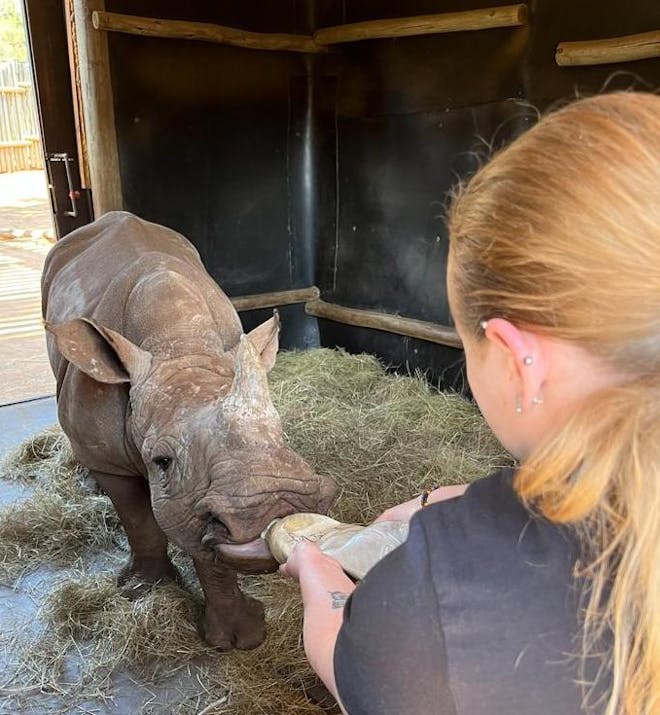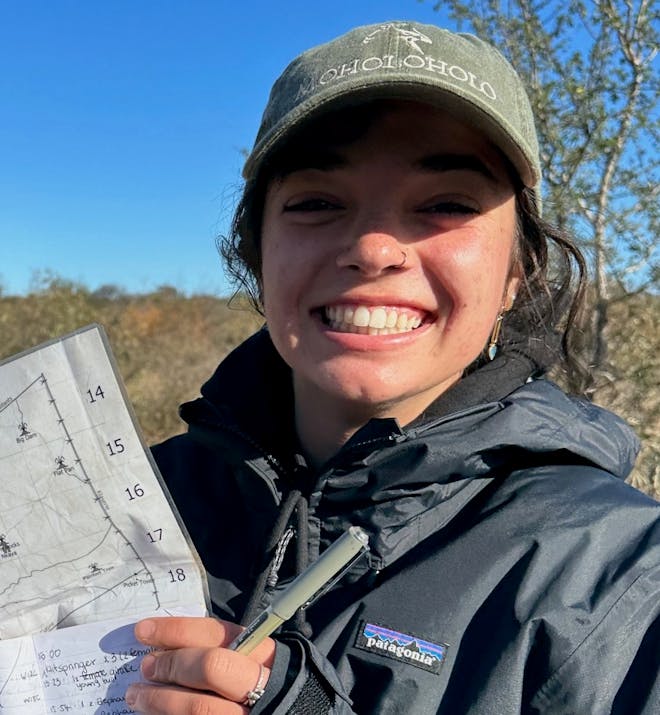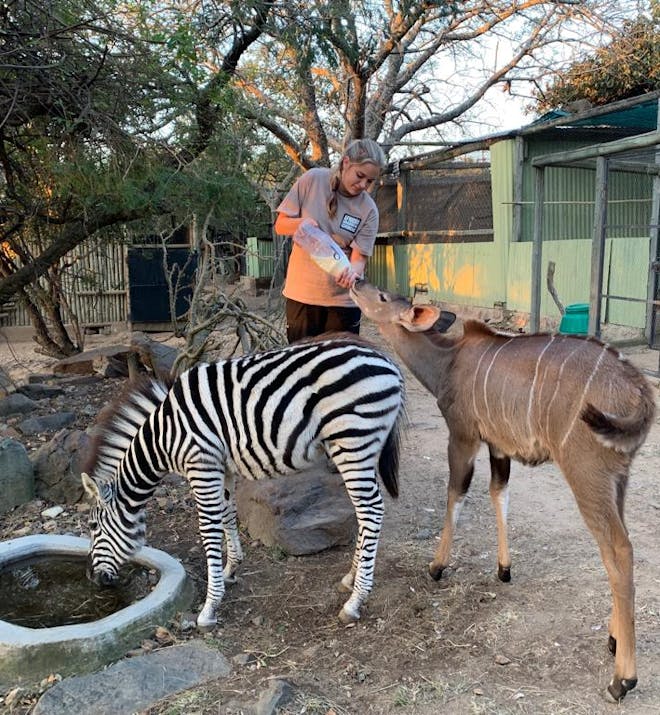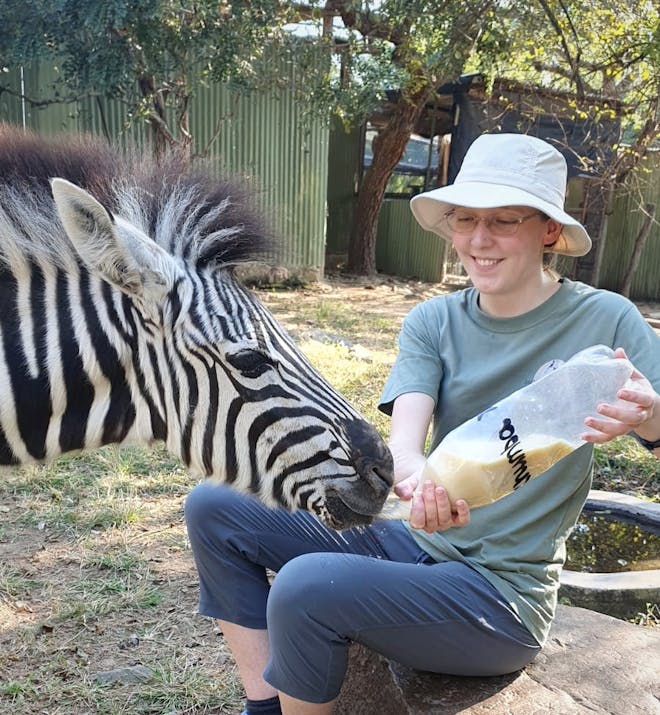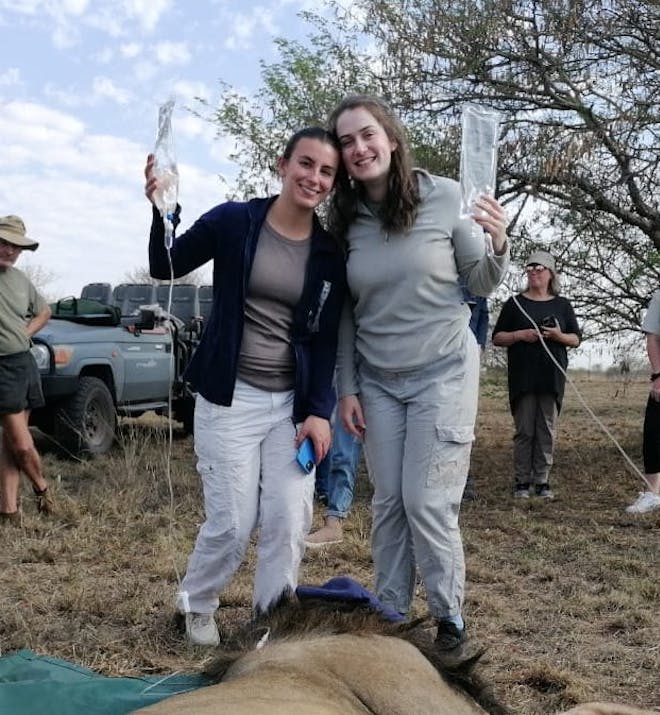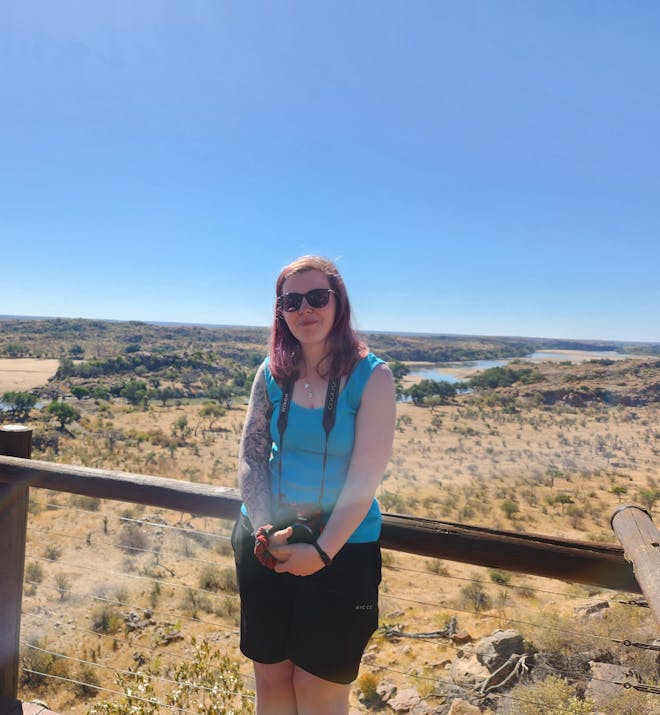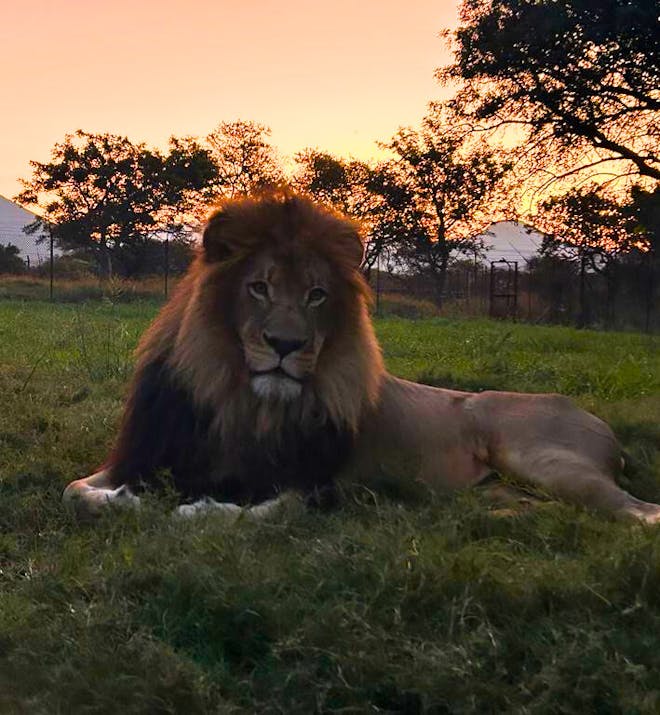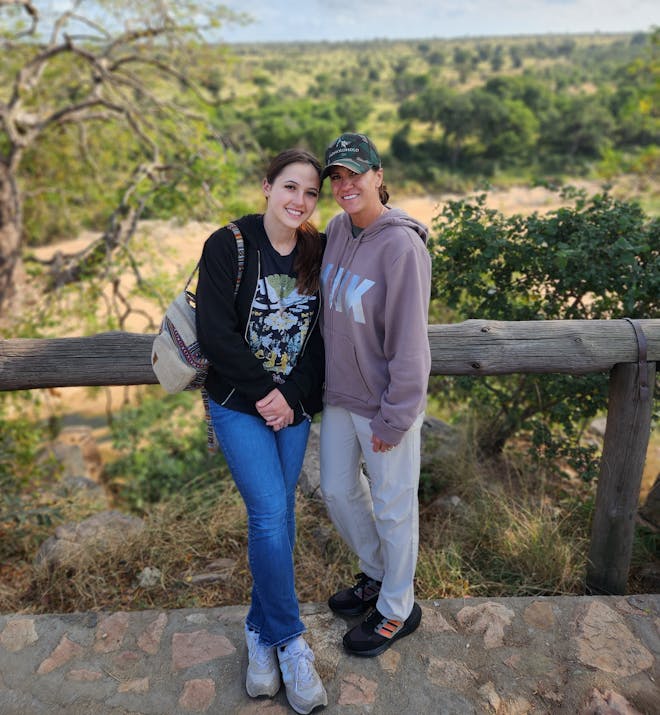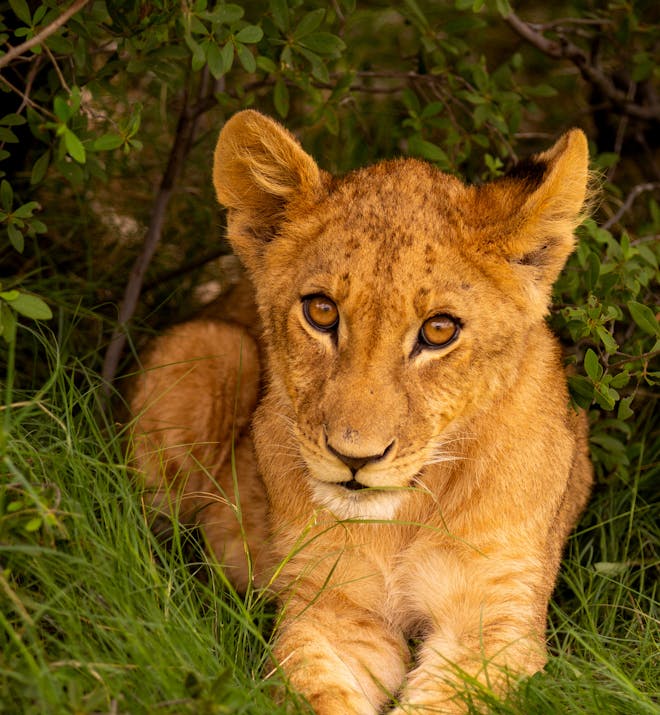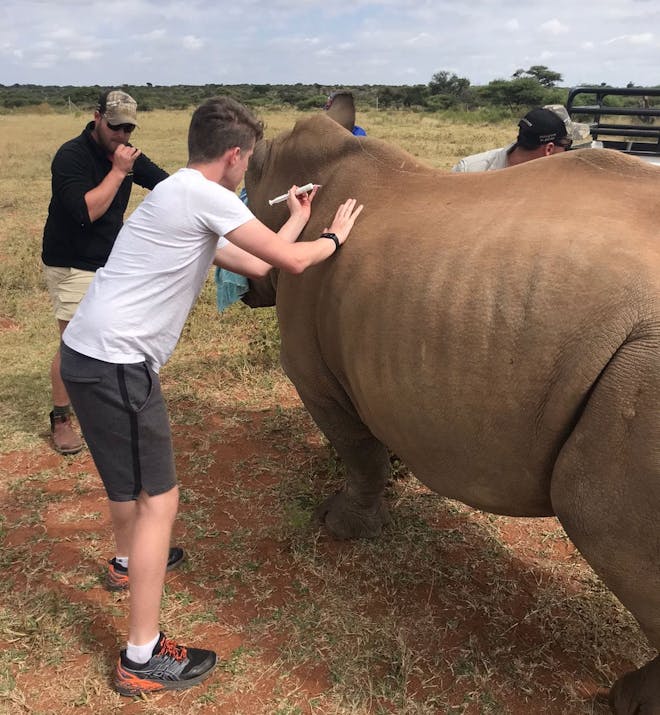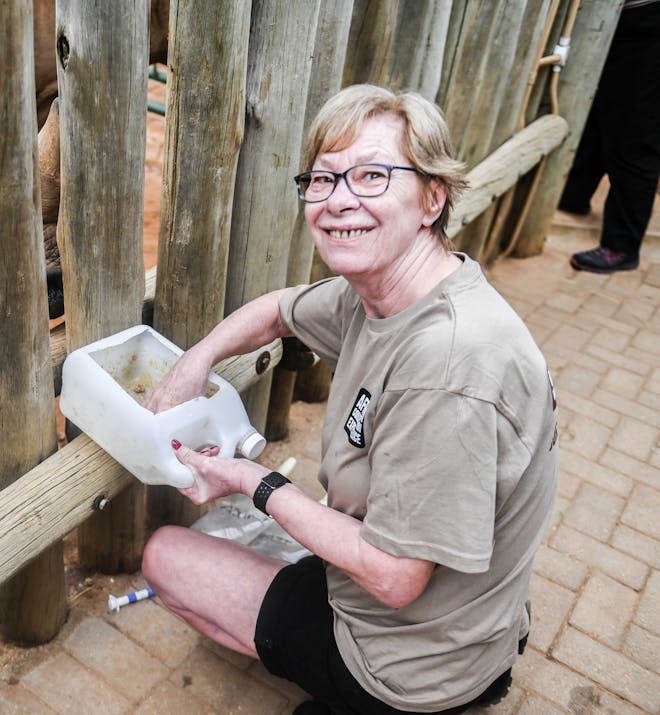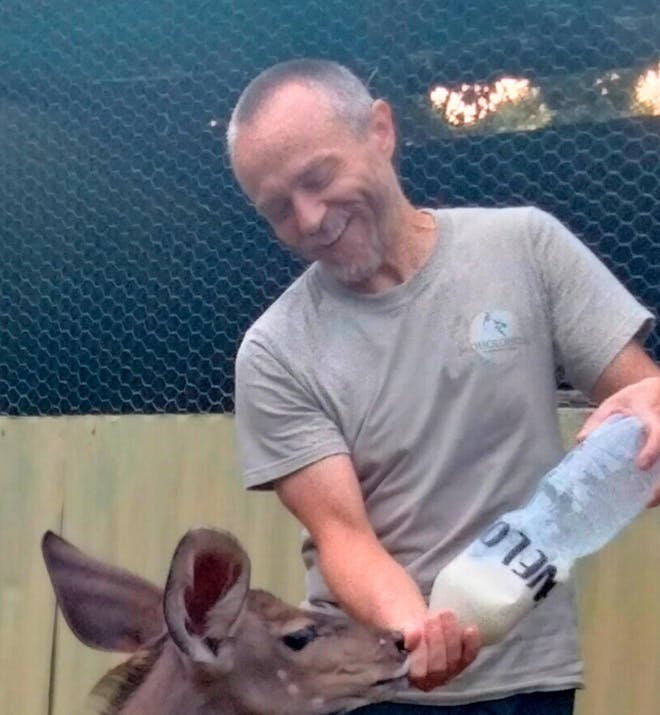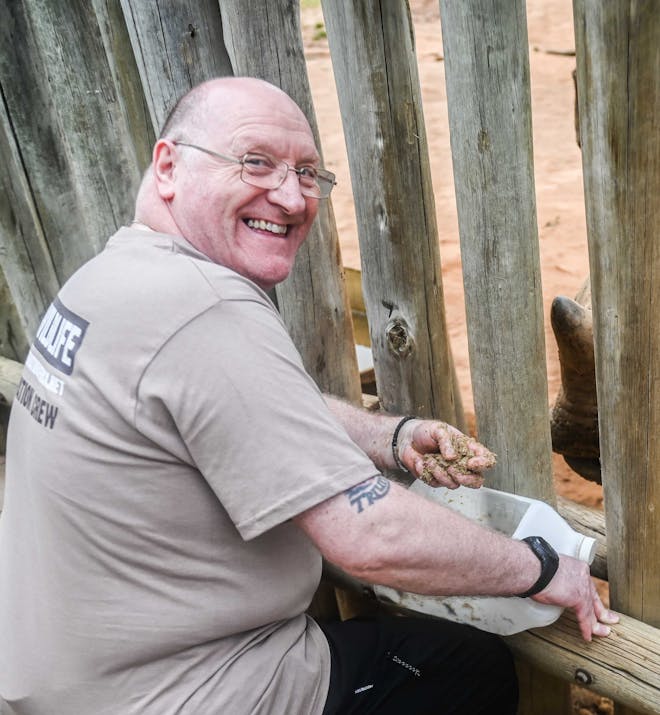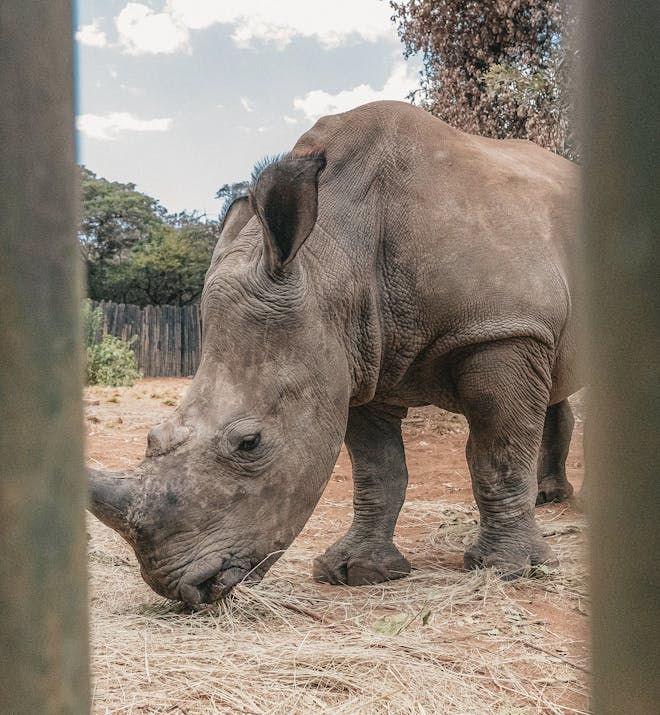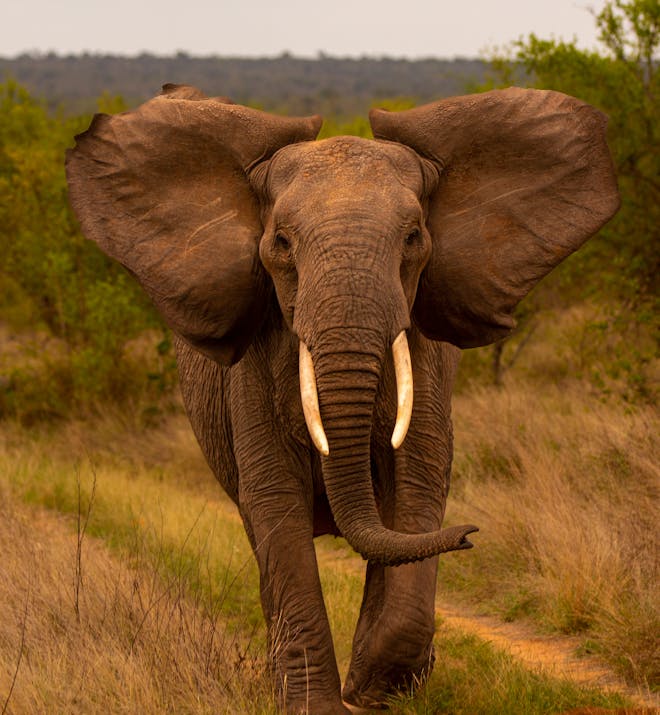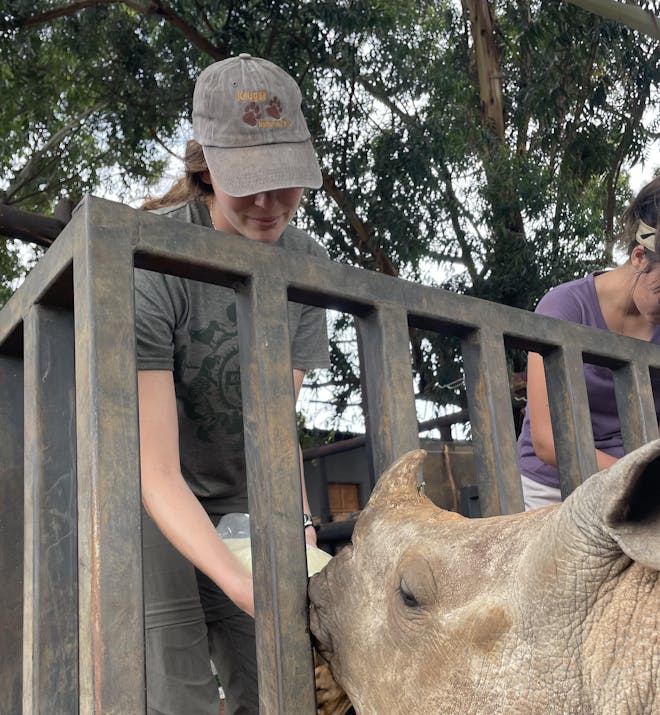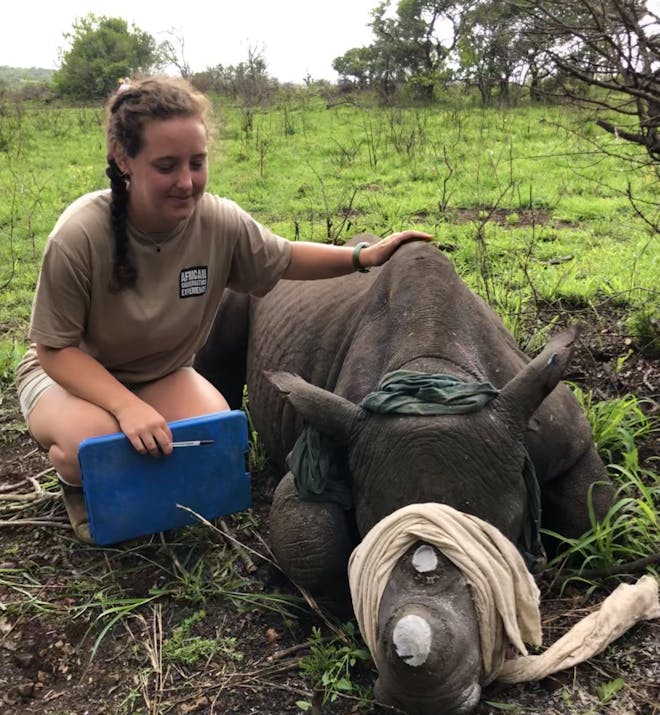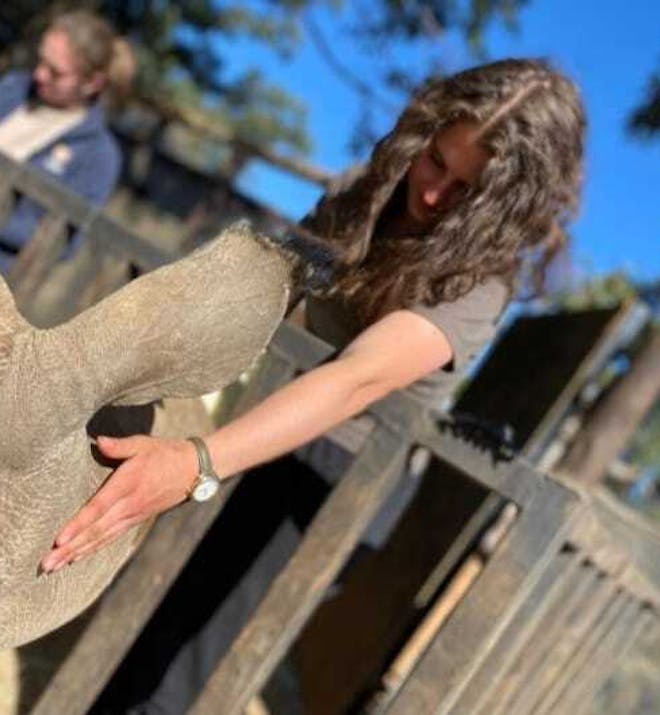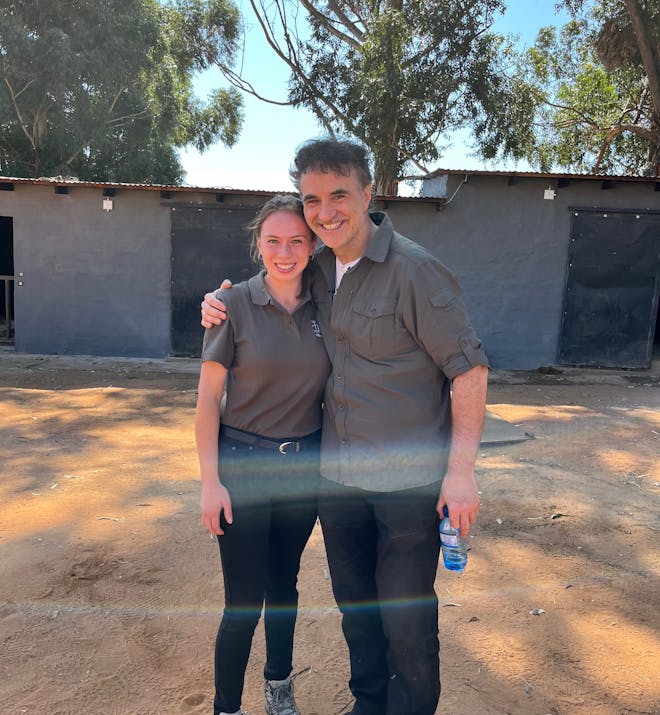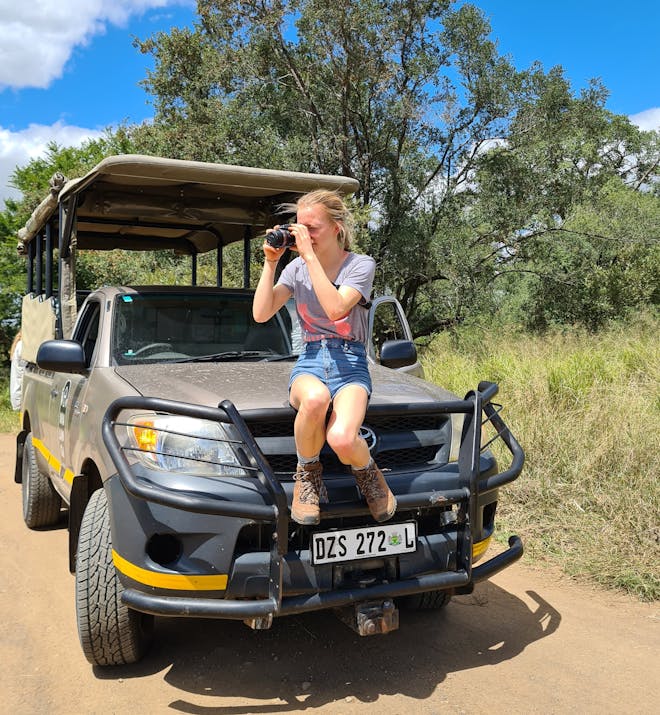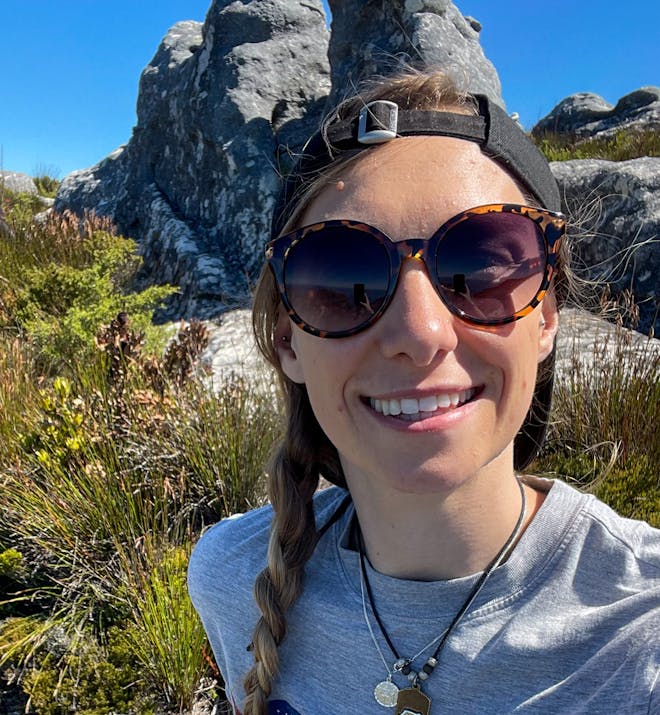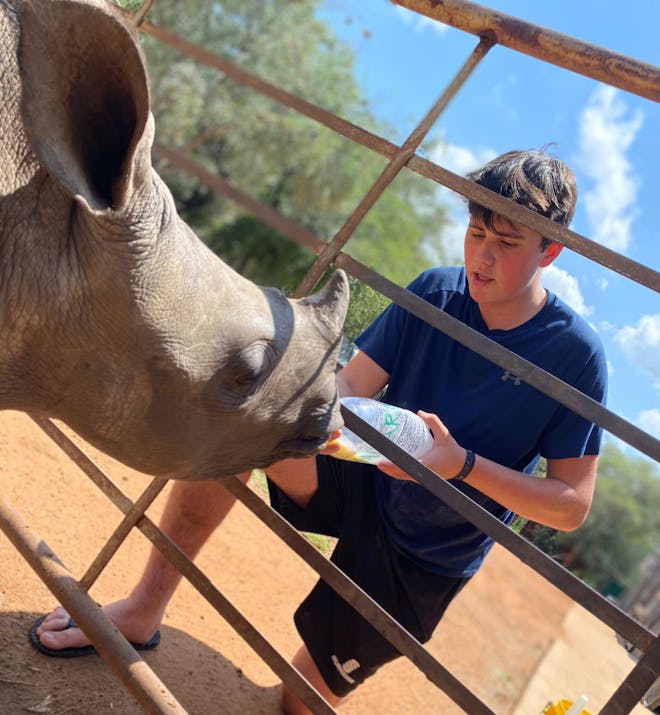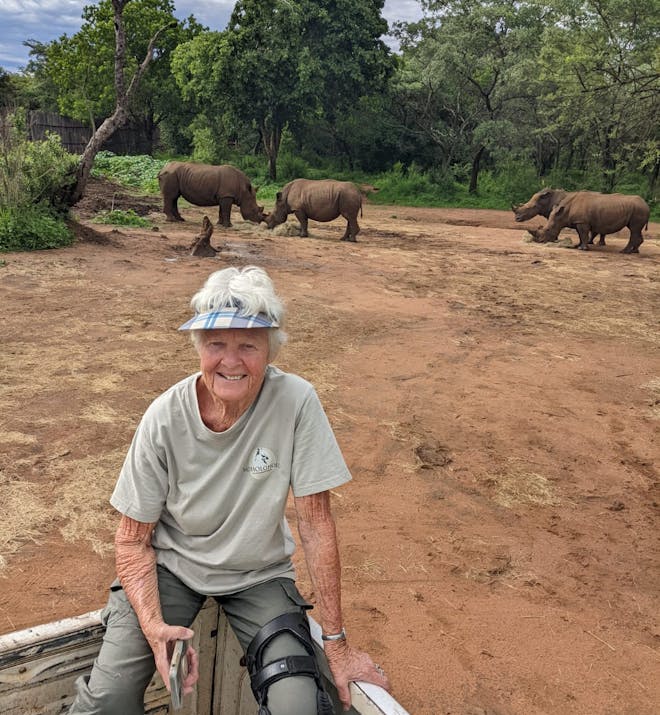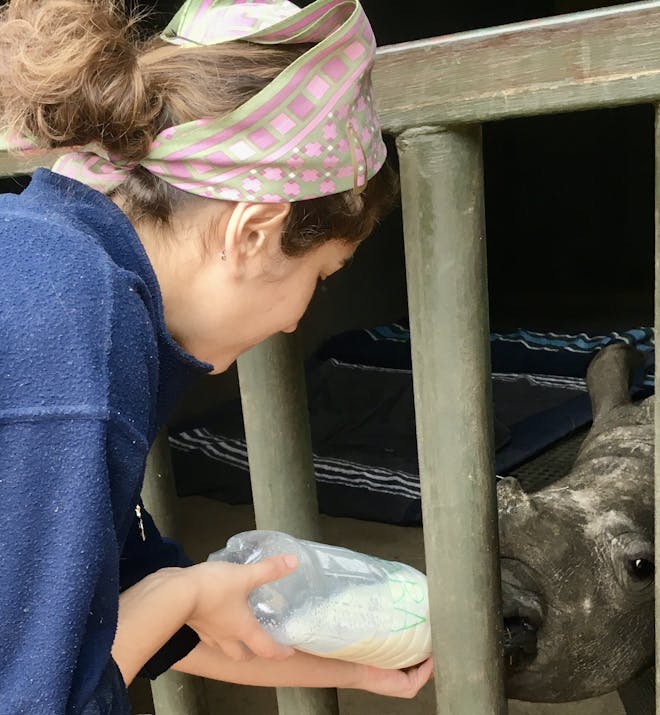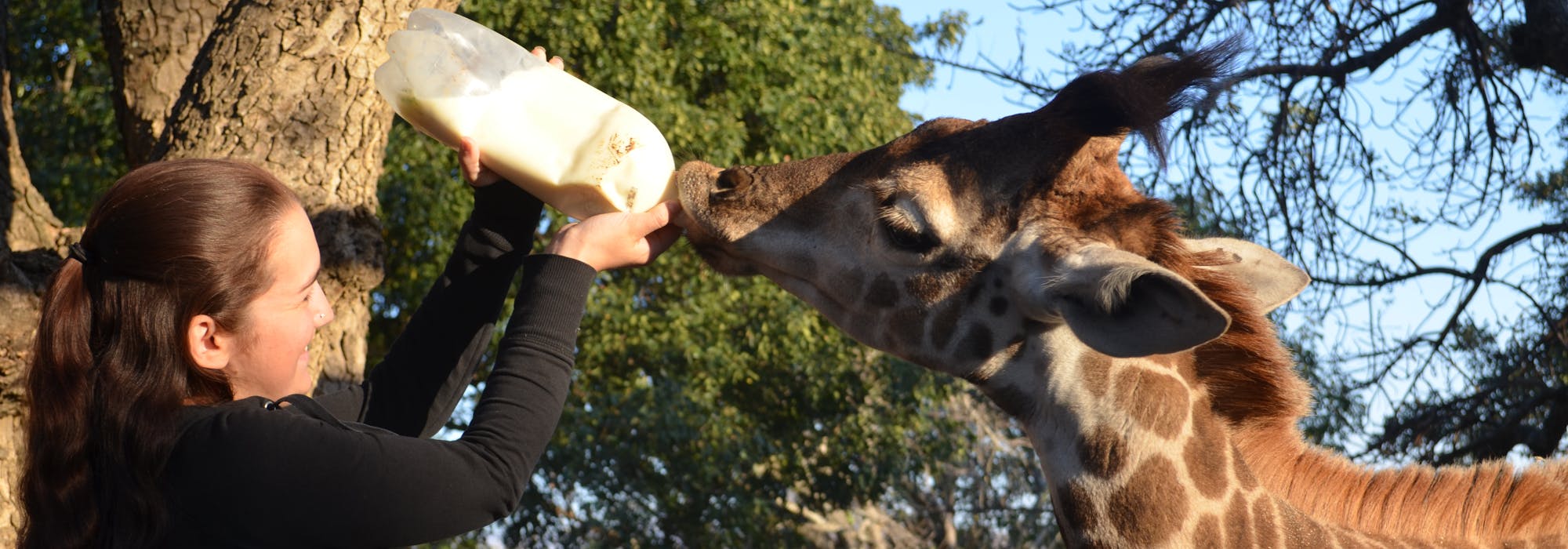
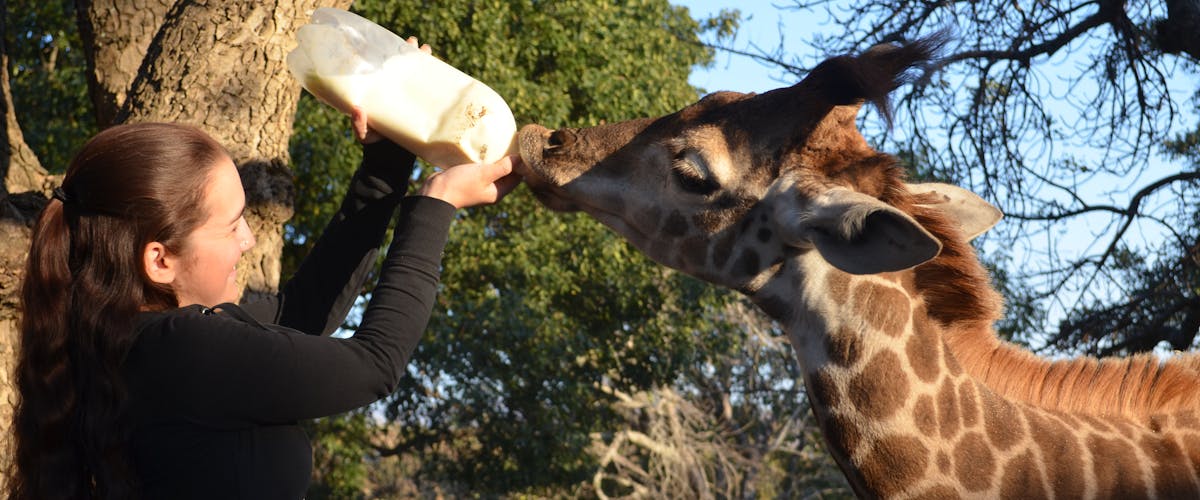
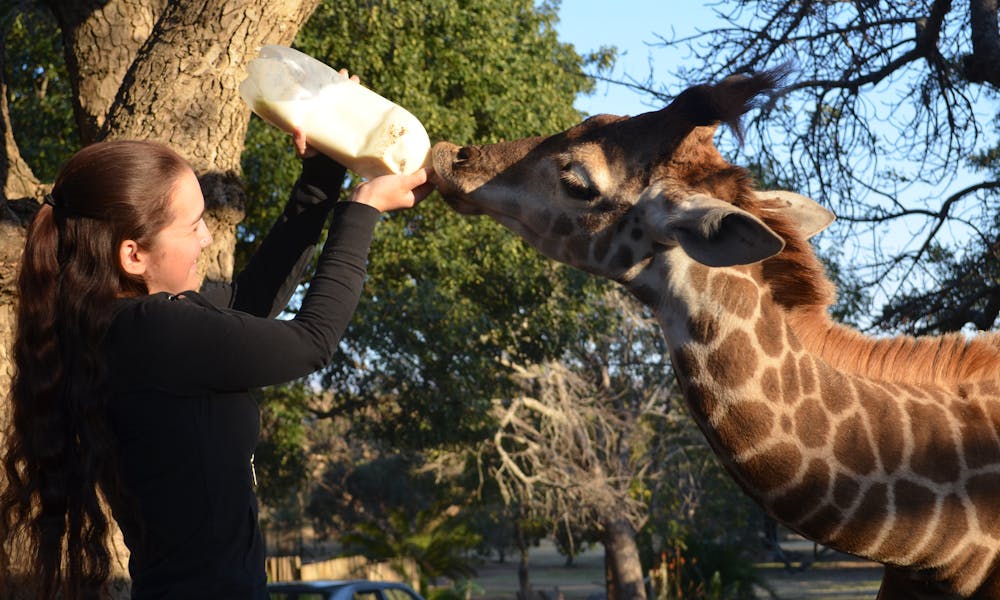
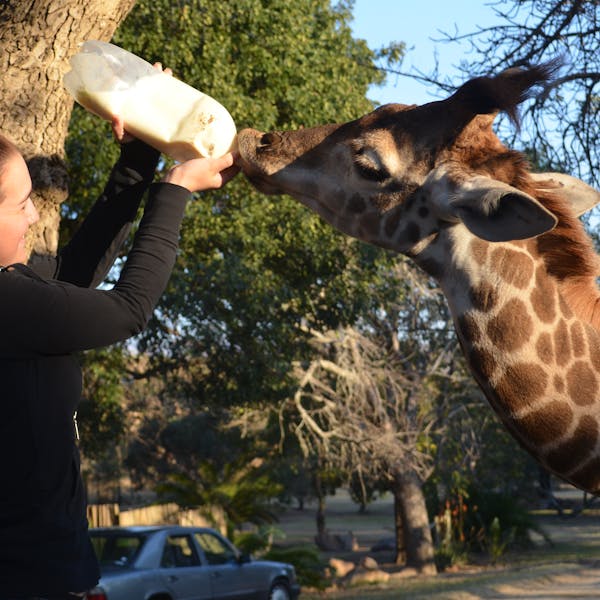
Animal Care & Wildlife Rehabilitation Volunteering in Africa
Help save Africa’s wildlife and care for animals in a nature sanctuary
Caring for an injured, sick or abandoned animal is a powerful experience, no matter where you are, but in an African rehabilitation sanctuary, surrounded by some of the continent’s most iconic wildlife, it can be truly life-changing. Whether you’re bottle-feeding an orphaned rhino calf or helping veterinary nurses treat a wounded zebra, you’ll get the chance to work up close and personally with Africa’s amazing creatures – making friendships and memories that last a lifetime.
Why choose these experiences?
If you’re passionate about saving African wildlife, you’ve always dreamed of working hands-on with animals, or you’re taking the next step in your wildlife rehabilitation career, this is the right choice for you. Among other skills, you’ll gain experience in animal care and husbandry, wildlife rehabilitation methods and assist dedicated and experienced staff in caring for animals.
- Work hands-on to save Africa’s wildlife
- Learn new career skills from experienced wildlife rehabilitation professionals
- Make a lasting difference in the lives of vulnerable animals
- Go beyond being a tourist in Africa and work with a dedicated team to make a real difference
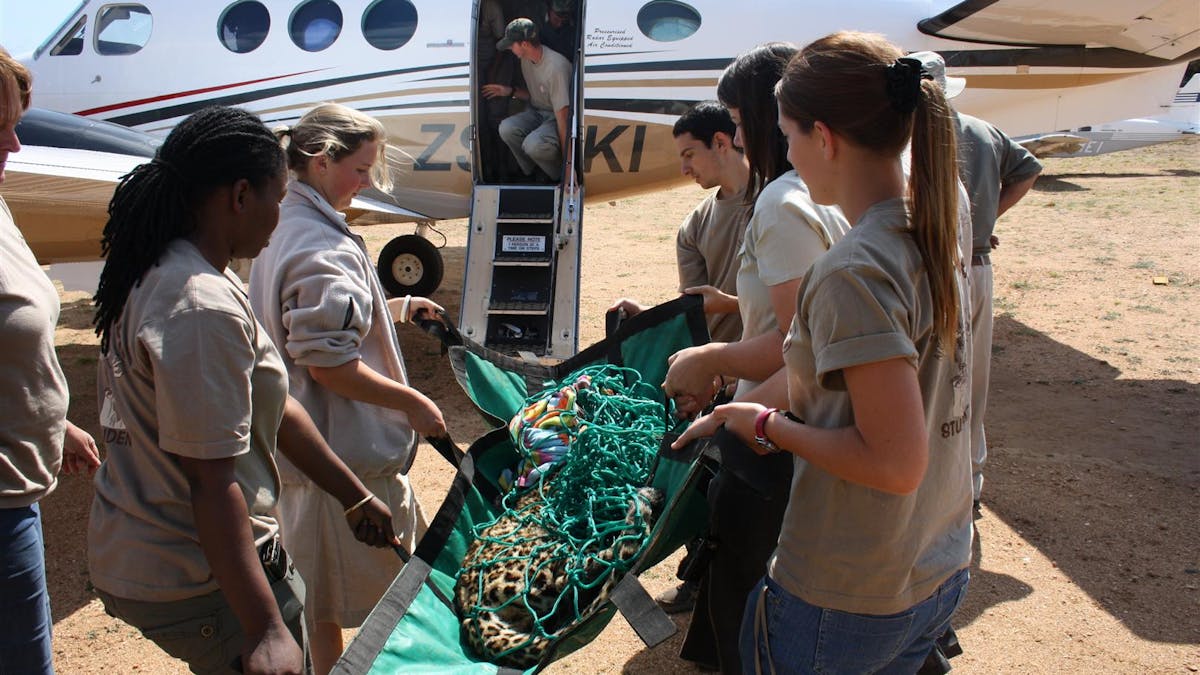
Choose your Wildlife Care & Rehabilitation Project
Care For Wild Africa Rhino Sanctuary
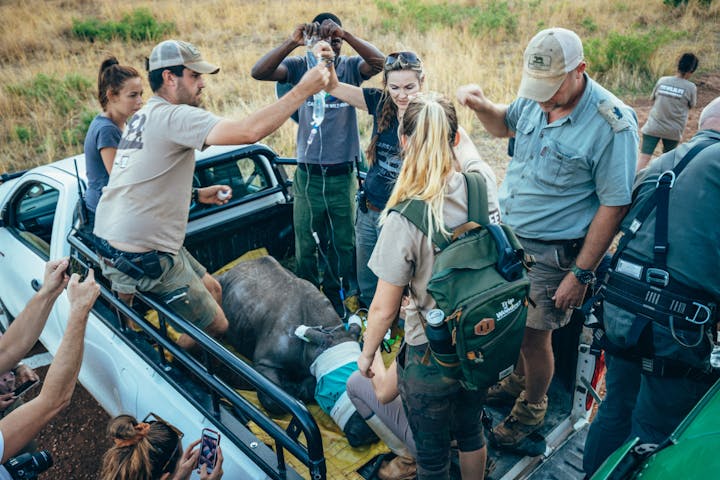
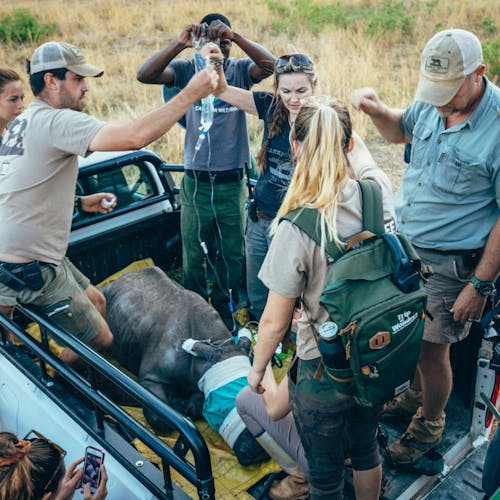
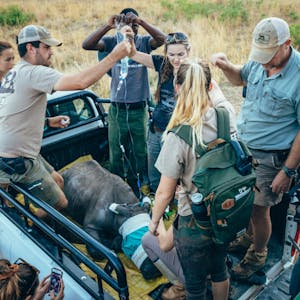

Golola Rhino Orphanage And Rehabilitation Centre
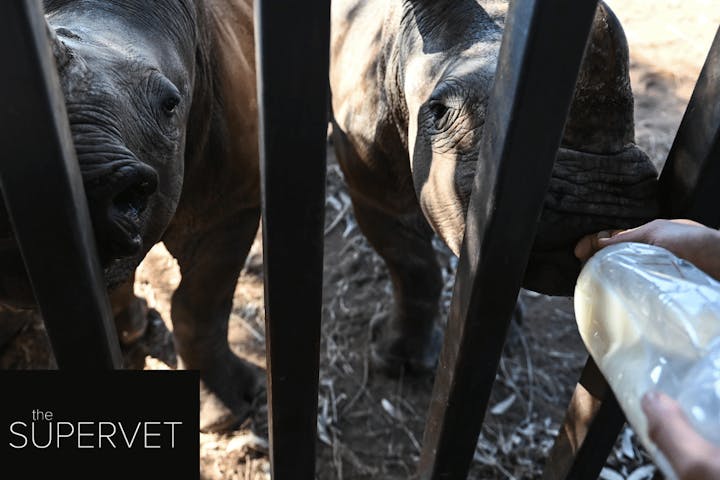
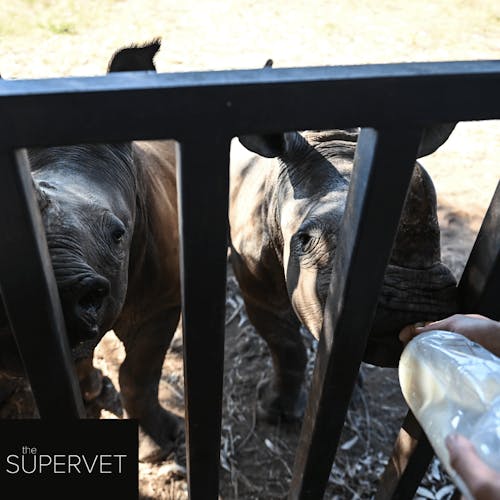
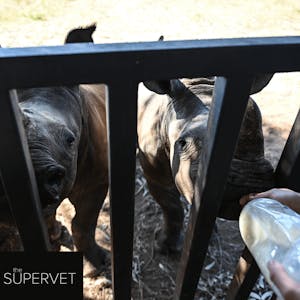
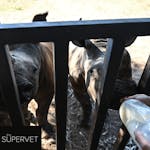
Moholoholo Wildlife Rehabilitation Centre
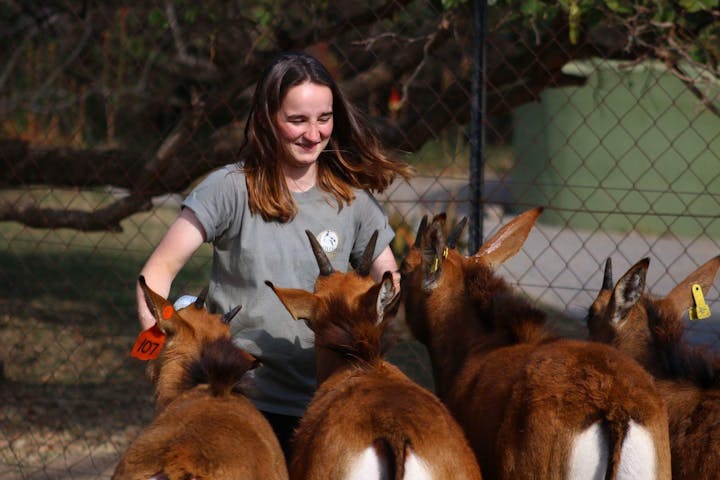
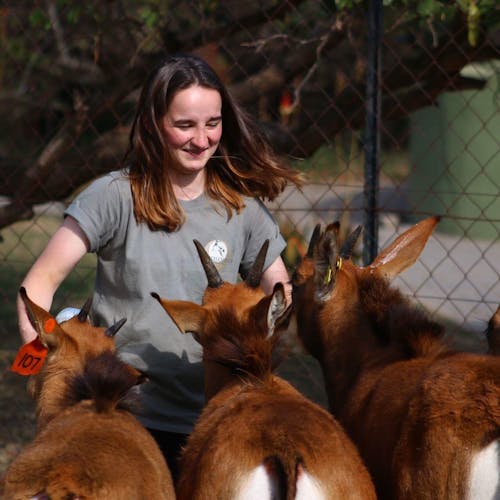
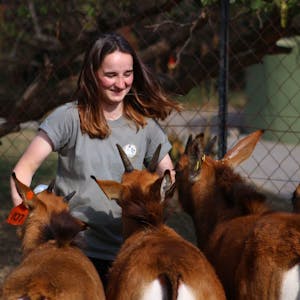
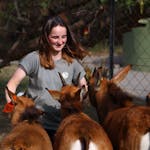
Traveller Stories
Conservation spotlight: wildlife rehabilitation in South Africa and Zimbabwe
Animals end up in wildlife sanctuaries and rehabilitation centres for all kinds of reasons. In South Africa and Zimbabwe, where our sanctuaries are based, many are sadly injured or orphaned due to the actions of humans.
Rhinos, pangolins and vultures may have been the victims of illegal poaching. Others arrive at animal rehabilitation centres after being poisoned by local farmers who use lethal and untargeted methods to stop animals from attacking their crops and livestock.
The ongoing destruction of wildlife habitats and poorly thought-out building projects can also lead animals to be injured accidentally. For example, when a busy new road cuts directly through the natural habitat of a wildlife population, it becomes inevitable that animals will be hurt, injured or worse by automobiles.
Rereleasing animals into the wild
While conservationists would love all rehabilitated animals to be released back into the wild, sadly the instances where this is possible are the exception rather than the rule.
This is because, just like people, animals are often wary of outsiders. Especially when they provide competition for scarce resources or mates. So even when an animal has recovered to full health, releasing it back into the wild isn’t always possible.
Leopards, for example, are extremely territorial and males will not tolerate any competition for females in their territory. If a leopard that has been in a rehabilitation centre is released into an area where there are already resident leopards, the interloper will either be killed or chased out of the area.
As a consequence, many animals that are taken in at a wildlife sanctuary go on to become permanent residents. So the work of a wildlife rehabilitation centre, after they have helped an animal regain full health, is to provide a rich and fulfilling life for their residents.
For species that can be safely released back into the wild – including small carnivores and antelope, tortoises, chameleons, and birds other than birds of prey – it is still very important to select a location for release where the new arrival won’t upset the balance of established wildlife populations.
The far-reaching impacts of wildlife rehabilitation centres
As an animal care volunteer, you can have a very immediate and obvious impact on the well-being of an individual animal. But the effects of wildlife rehabilitation centres in South Africa and Zimbabwe stretch far beyond the fences of our sanctuaries.
Some species such as the serval (a wild cat that resembles a leopard) are now bred in rehabilitation centres in South Africa and then released into the wild. This strategy doesn’t work for all species – lions and hyenas are both notoriously difficult to release back into the wild – but for species like the serval, it’s an effective way to repopulate areas where they had previously been wiped out.
The animal rehabilitation centres in South Africa and Zimbabwe that we work with have exceptionally high success rates for the rerelease of certain species, including small carnivores, reptiles, antelope and many birds.
Educating communities about wildlife
By working with local communities across South Africa and Zimbabwe, animal sanctuaries also act as important centres for learning.
Educating communities about human threats to animals and ways to safely live alongside them is a vital aspect of wildlife conservation. You can care for several animals during your time as a conservation volunteer. However, educating a local farmer about the suffering and damage caused by using poison could save hundreds of animals’ lives.
As always, there are deep-rooted cultural challenges involved with education programmes. In South Africa and Zimbabwe, witch doctors still trade in animal parts for their believed medicinal properties. There are also ancient superstitions which lead local people to persecute certain animal species believed to be connected to witchcraft. Species commonly affected include reptiles, owls and hyenas.
Through education programmes at our wildlife rehabilitation centres, we have successfully dispelled many of these myths and helped nurture a more positive view of wildlife in general.
Explore other volunteering types
Adventure Learning Experiences
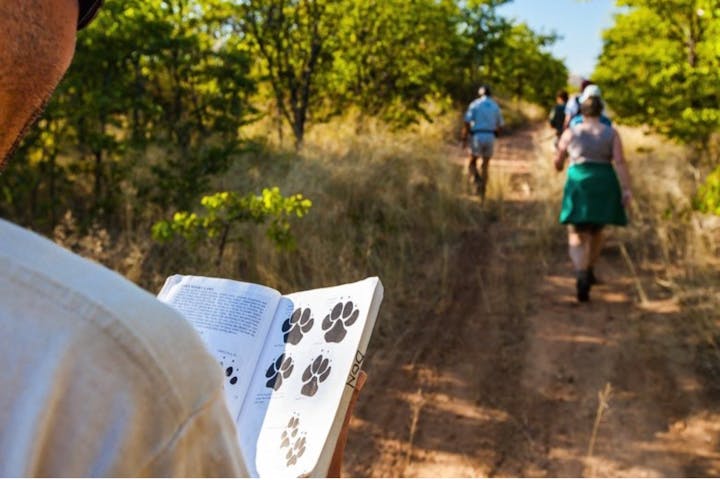
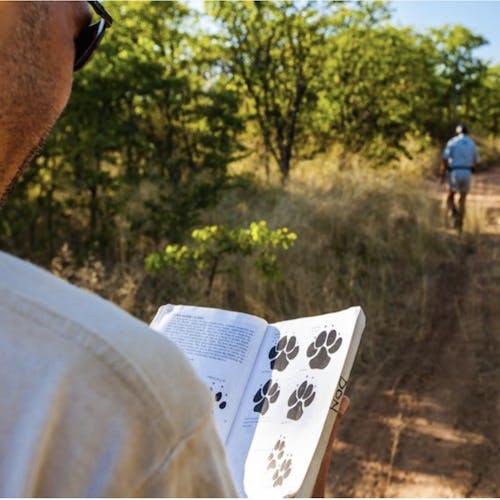
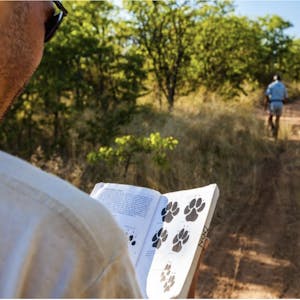
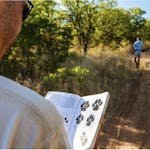
Gap Year Travel
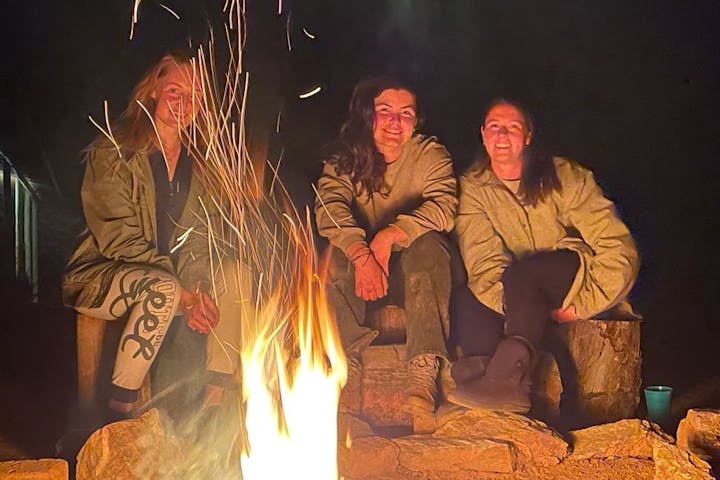
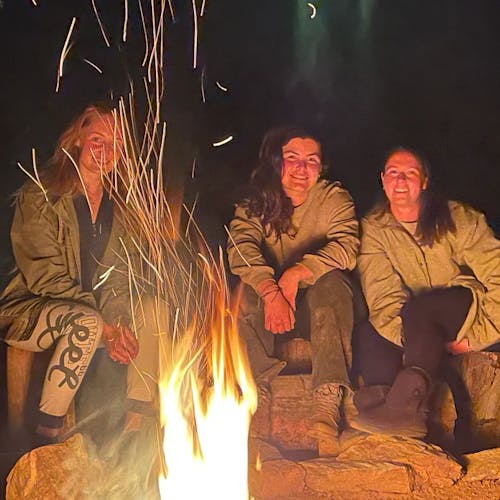
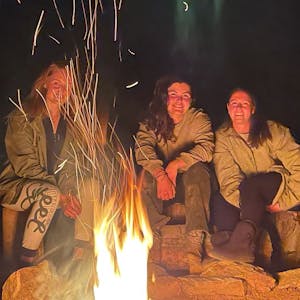

Internships
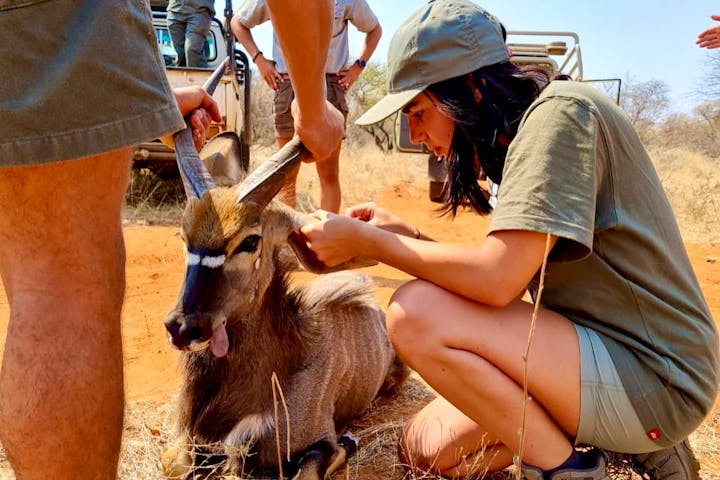
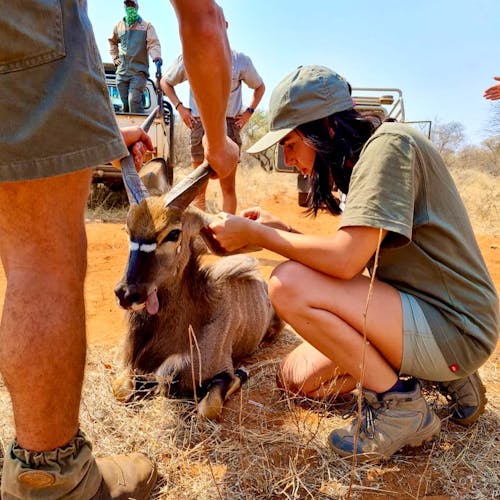
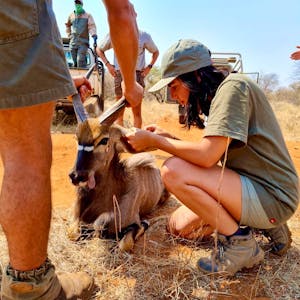
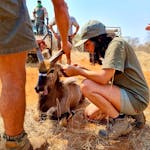
Marine Conservation Projects




Sabbaticals & Career Breaks
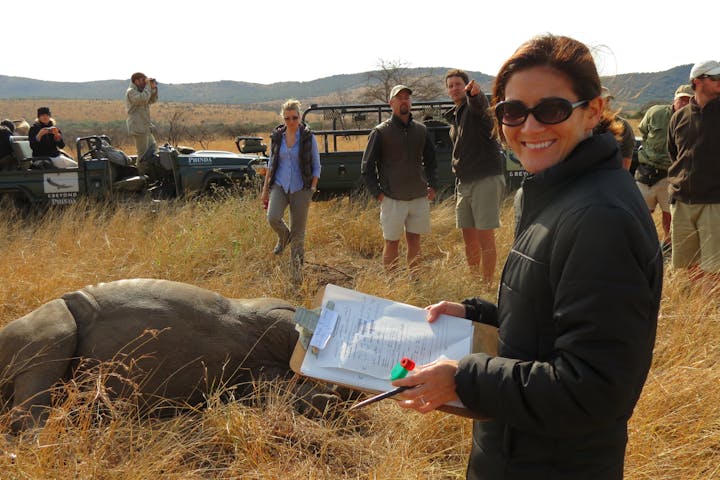
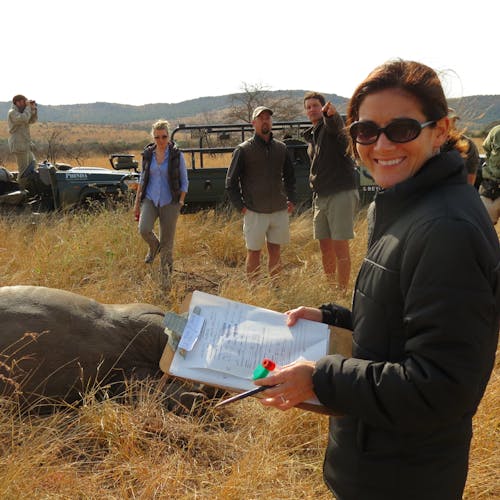
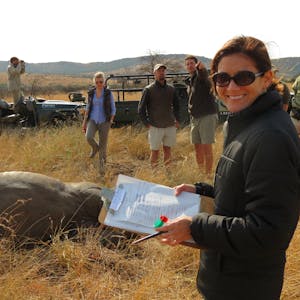
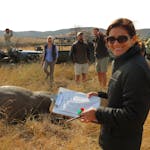
School & College Field Trips
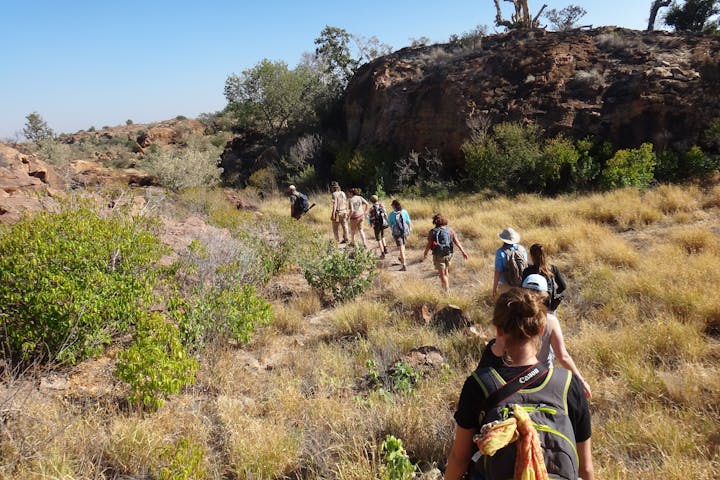
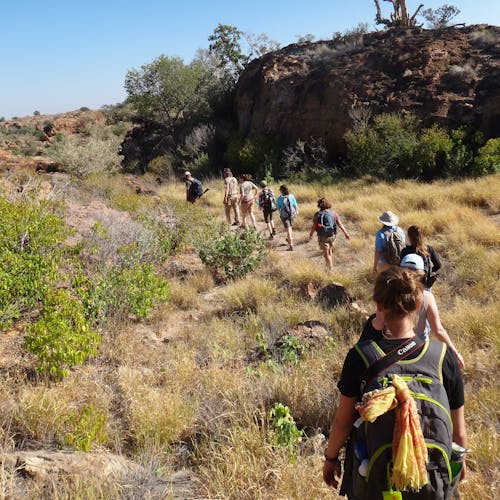
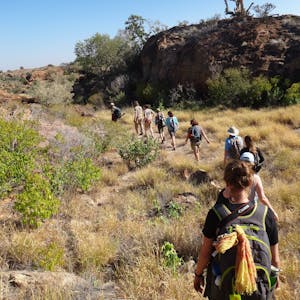
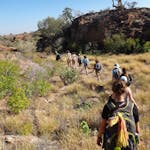
Short Experiences
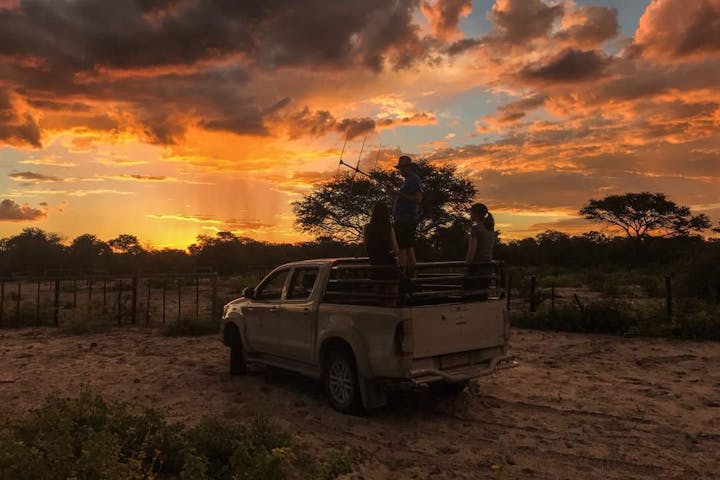
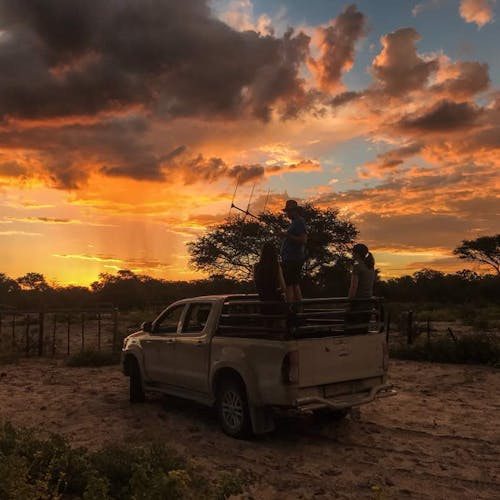
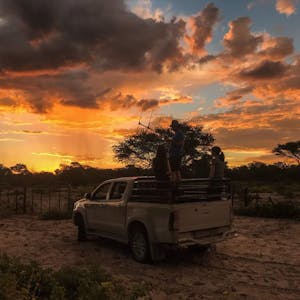

Wildlife Research & Management
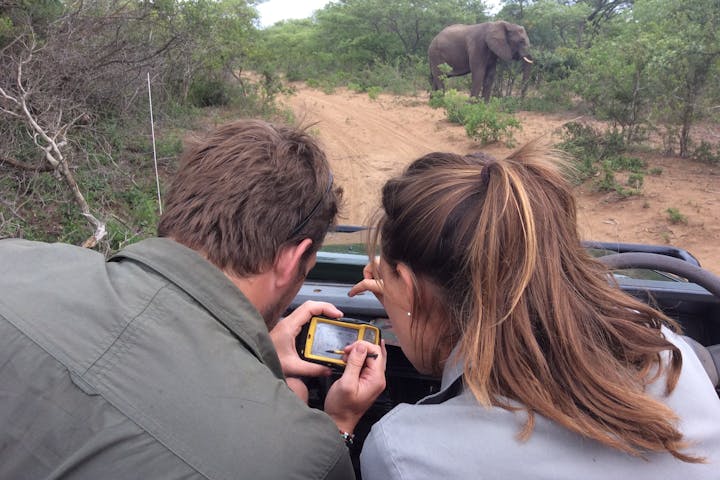
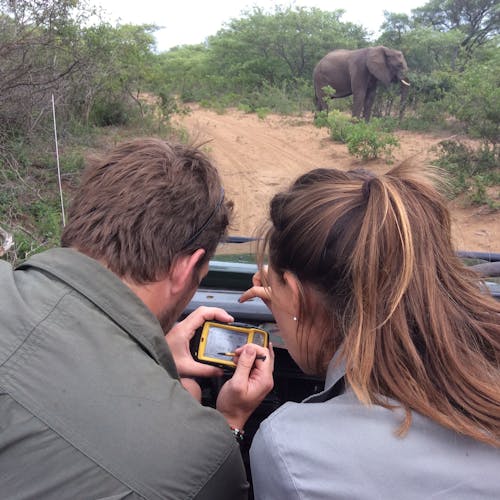
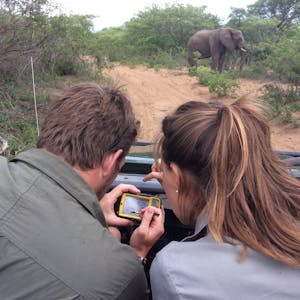
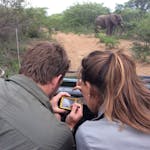
Wildlife Veterinary Projects
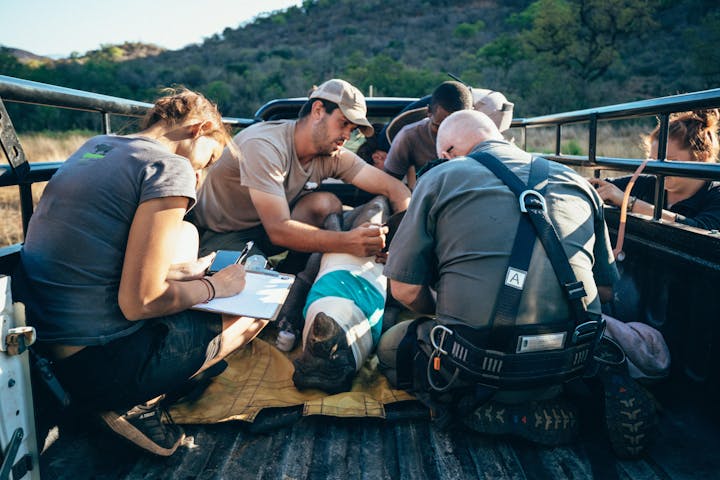
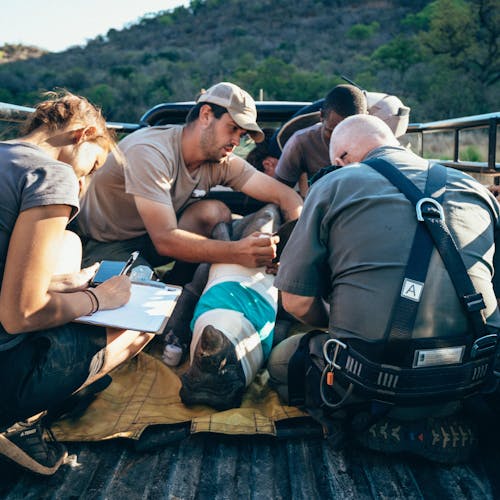
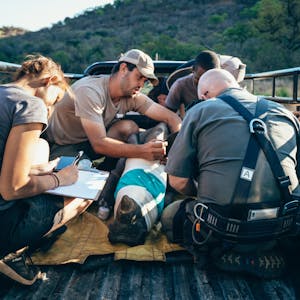
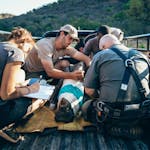
Or explore by animal
African Wild Dog Conservation Projects
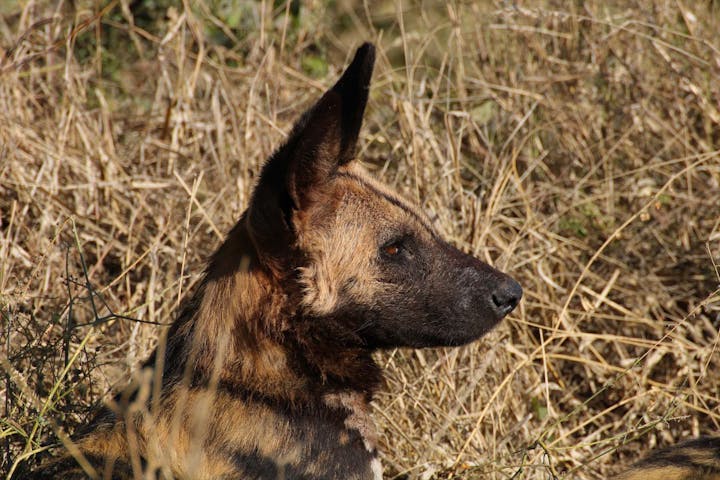
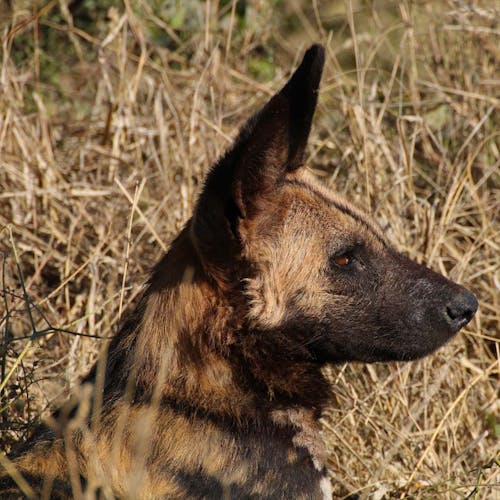
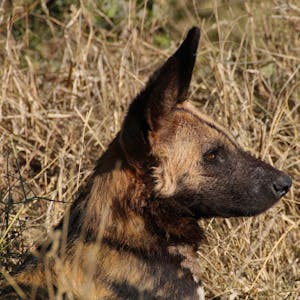
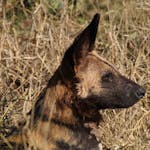
Elephant Conservation Projects
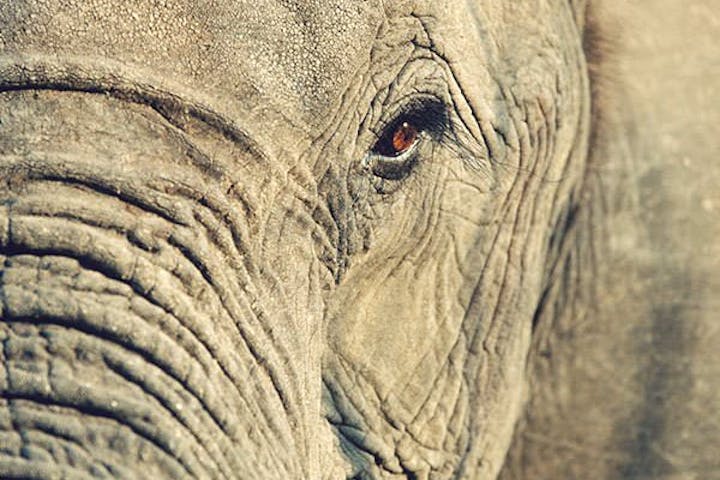
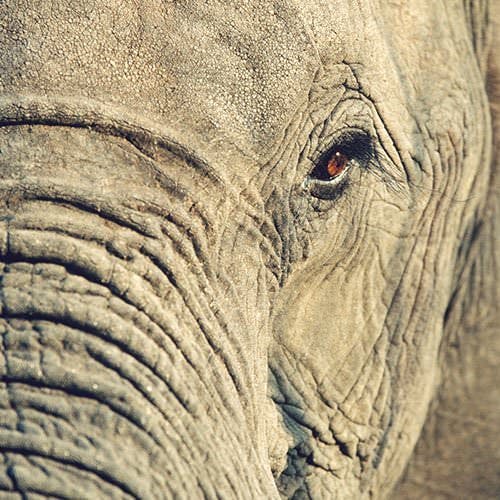


Lion Conservation Projects
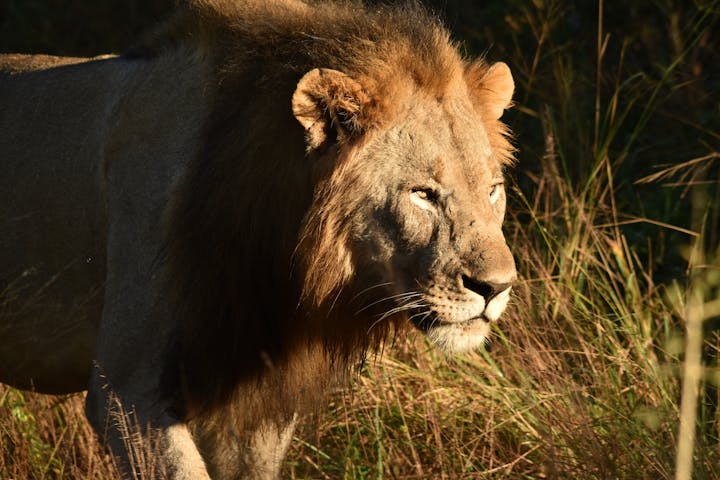
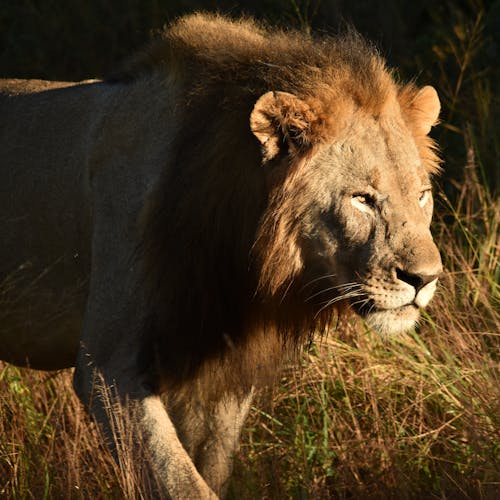
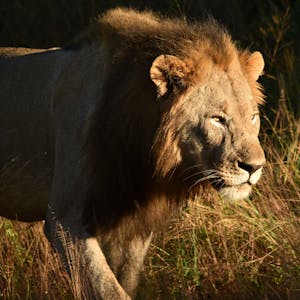

Rhino Conservation Projects
